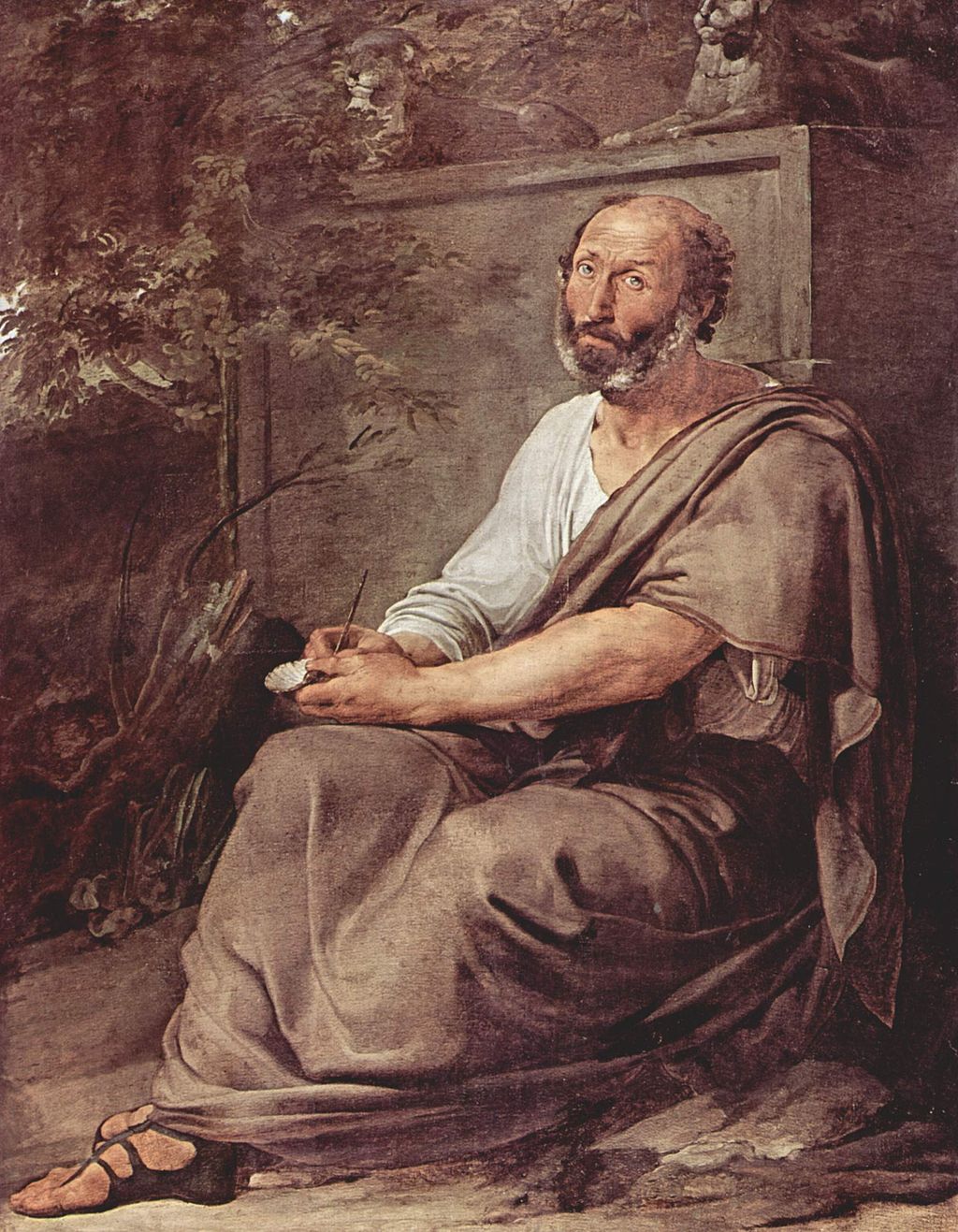Course Glossary
This is a space for you to create a collaborative glossary. Whenever you come across a new term, concept, method, etc. that you find noteworthy, you can create a new entry or add to an existing one to share it with your peers.
How to use this glossary
I have added a few entries and categories as inspiration but feel free to modify them or add your own. You can create a new entry by clicking on 'Add new entry'. Add your title, a short description and, if you would like, images, links or files. Select a category and add keywords before clicking on 'Save changes' at the bottom of the page.
On the glossary's main page you can browse existing entries by alphabet or category. Clicking on the 'Browse by category' tab also gives you the option to create a new category. Moodle has further information on how to use glossaries.
Special | A | B | C | D | E | F | G | H | I | J | K | L | M | N | O | P | Q | R | S | T | U | V | W | X | Y | Z | ALL
A |
|---|
AlliterationAn alliteration 'is the repetition of the same sound at the start of a series of words in succession whose purpose is to provide an audible pulse that gives a piece of writing a lulling, lyrical, and/or emotive effect.' [Source: Bude, Tekla, 'What Is Alliteration?', Oregon State University, (<https://liberalarts.oregonstate.edu/wlf/what-alliteration#:~:text=Alliteration%20is%20the%20repetition%20of,%2C%20and%2For%20emotive%20effect.>. | ||
AristotleA Greek philosopher credited with developing the principles of rhetoric that continue to influence rhetorical theory to this day.
| ||

